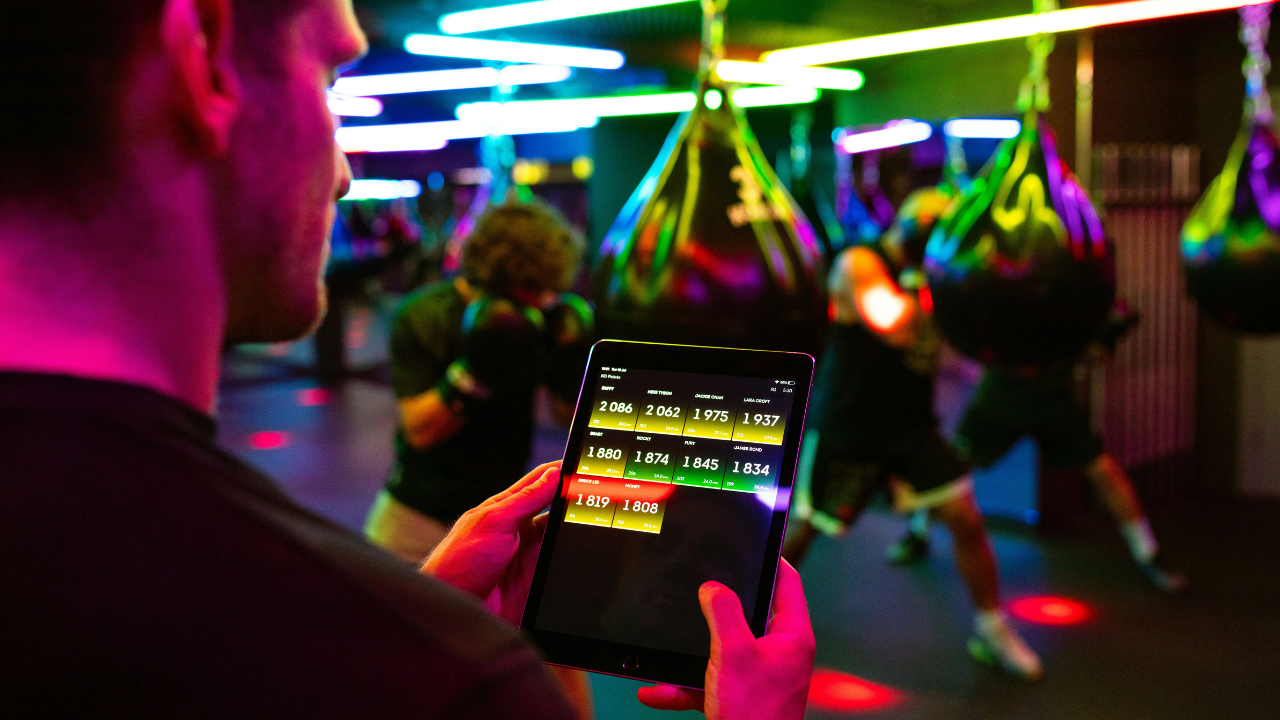Introduction to the Contagion Trainer Game
Imagine a world where a deadly contagion spreads rapidly, turning everyday life into a survival game. This is the premise of the Deadly Contagion Trainer Game Copy, an immersive experience that teaches players how to navigate crises and stay alive when everything goes wrong. As you dive deeper into this virtual reality, you’ll discover valuable lessons that can be applied even outside of the gaming environment.
Survival isn’t just about finding food or shelter; it’s about preparation, strategy, and resilience. The game’s gripping scenarios challenge you to think on your feet while providing insights that are all too relevant in today’s unpredictable world. Whether you’re a seasoned gamer or simply curious about emergency preparedness, there’s much to learn from this enthralling training simulation. Let’s explore those key lessons together!
Key Lessons from the Game
The Deadly Contagion Trainer Game Copy Trainer Game offers several crucial lessons that resonate far beyond the screen. One standout takeaway is the importance of adaptability. Players learn to pivot strategies quickly as new challenges arise, mirroring real-life situations where flexibility can be a lifesaver.
Resource management is another vital lesson. The game teaches players to prioritize essentials and make every item count, reflecting how scarcity can impact decision-making in emergencies.
Teamwork also plays a central role. Collaborating with others enhances survival chances and emphasizes communication skills essential in crisis scenarios.
Understanding risk assessment becomes key. Players must evaluate threats carefully before taking action, instilling a mindset critical for navigating unpredictable environments in reality. Each lesson draws parallels that help prepare individuals for unforeseen circumstances outside the gaming world.
The Importance of Preparedness
Preparedness is more than just a buzzword; it’s a critical survival strategy. In the face of unexpected crises, having a plan can make all the difference.
Knowing what to do during an emergency can reduce panic and ensure everyone stays safe. It empowers individuals and families to act decisively when time is of the essence.
Being prepared means understanding potential threats, whether they are natural disasters or health emergencies. This awareness allows for proactive measures rather than reactive scrambling when disaster strikes.
Consider how quickly situations can escalate without warning. A solid preparedness plan includes knowledge of local resources and communication channels.
Investing time in preparation fosters confidence. When you know you’re ready, fear diminishes, allowing for clearer thinking and better decision-making under pressure.
Building a Survival Kit
Creating a survival kit is an essential step in preparing for emergencies. Begin by assessing your specific needs, considering factors like location and potential disasters.
Include water and non-perishable food items. Aim for at least a three-day supply. Energy bars and canned goods are great options that require minimal prep.
Next, pack first aid supplies. Adhesive bandages, antiseptic wipes, and necessary medications should be readily available.
Don’t forget about tools. A multi-tool can serve various functions while a flashlight ensures you’re never left in the dark.
Make space for personal documents too—ID cards, insurance papers, or any critical information that could be needed during an emergency situation.
Don’t overlook comfort items such as blankets or hygiene products. Keeping morale high can make all the difference when facing adversity outside one’s control.
Developing an Emergency Plan
Creating an emergency plan is essential for navigating challenging situations. Start by identifying potential threats in your area, whether natural disasters or health emergencies.
Gather your family and discuss these scenarios openly. Make sure everyone understands their roles during a crisis. Assign tasks based on age and capability to ensure efficiency.
Next, establish communication strategies. Designate meeting points where you can regroup if separated. Utilize various methods to stay in touch—texts might not always work when networks are overloaded.
Document vital information like medical history, allergies, and emergency contacts. Keep this data accessible but secure.
Regularly review and practice your plan so that all members feel confident in its execution. This preparation transforms anxiety into action when the unexpected occurs, ensuring you’re ready for whatever comes next.
Mental and Emotional Strategies for Survival
Surviving a crisis isn’t just about physical readiness; it’s also about mental and emotional resilience. Keeping a clear mind can be your greatest asset in challenging circumstances.
Developing mindfulness techniques can help maintain focus. Simple practices like deep breathing or meditation enable you to ground yourself during chaotic moments. This clarity aids in decision-making when every second counts.
Stay connected with loved ones, even from afar. Emotional support offers strength and reassurance that you’re not alone in facing adversity.
Establish routines to create stability amid unpredictability. Regular activities provide comfort and familiarity, which can soothe anxiety.
Embrace adaptability. Situations may change rapidly, so being flexible allows you to adjust your plans without losing hope or direction. Cultivating these mental strategies fosters inner strength necessary for survival against any odds.
Conclusion: Applying Contagion Trainer Lessons to Real Life Situations
The lessons gleaned from the Deadly Contagion Trainer Game Copy extend far beyond the digital realm. They serve as vital reminders of what it takes to thrive in real-life emergencies. Preparedness isn’t just a buzzword; it’s a necessity for survival.
By embracing these strategies, you can navigate potential crises with confidence. Whether dealing with natural disasters or health emergencies, being proactive is key. Building a well-stocked survival kit ensures you’re ready for anything that comes your way.
Developing an emergency plan helps streamline responses during chaotic situations, allowing for quick decision-making when every second counts. Mental resilience and emotional stability are equally important; they empower you to stay calm under pressure and think clearly amid uncertainty.
Integrating the insights gained from the game into your everyday life can make all the difference when faced with unexpected challenges. By staying informed, prepared, and mentally fit, you’ll be better equipped to handle whatever may come next in this unpredictable world.











